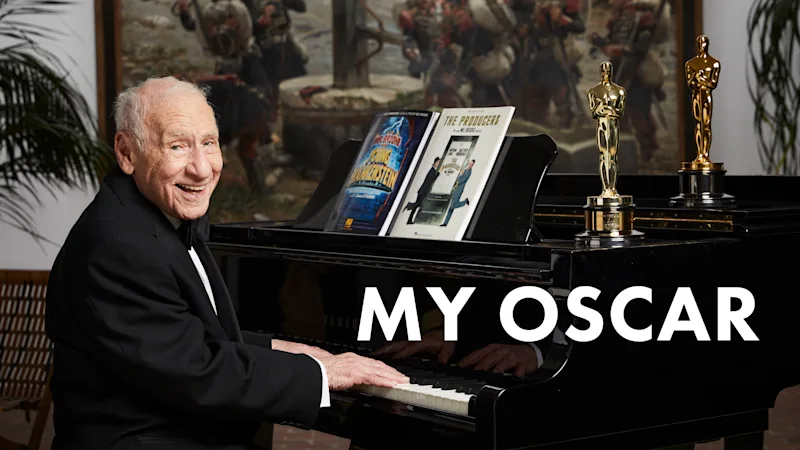Nov. 20 marks Transgender Day of Remembrance, a day when we honor the lives and legacies of those who have been lost as a result of transphobic violence. We also take the time to shine a light on key moments in trans history, like the story of Billy Tipton, the subject of a new documentary, No Ordinary Man. You can watch the trailer here.
It wasn’t until after the jazz musician Billy Tipton had died in 1989 that the world, and his family, came to know he had been assigned female at birth. Now, filmmakers Aisling Chin-Yee and Chase Joynt have set out to retell Billy’s complex story—and shed light on issues facing the transgender community back in the 1950s and today. Several years ago, Aisling and Chase approached writer Amos Mac to join them on the journey. As a transgender man, Amos found a resonant personal connection to the retelling of Billy’s story.
Amos first came across Billy during his own transition in the early aughts, after searching for famous trans men online. “I was desperate for any kind of connection with trans men who had come before me and Billy Tipton’s name came up on little GeoCity websites that would have a few bullet-point facts on specific trans men in history,” Amos says. “I think of him as a grandfather type. He’s always been in the ether of transmasculine culture, at least on my end.”
After speaking with Aisling, Amos realized it was the perfect time to tell the world about Billy Tipton. “Billy’s story, I feel, got away from him as soon as he passed away. Once the news came out that he was assigned a female at birth and surprised his wife and his kids, his story was immediately one that focused on deception.”
His musical career spanned from the 1930s through the 1950s, but his legacy is being reclaimed today as an important part of trans history. “It’s so hard to know what Billy would’ve wanted,” Amos says. “Language shifts so much so quickly. From my perspective, looking back on his experience, living as a man is a trans experience, whether he ever said, ‘I’m a transsexual man.’ His stories are important because there’s an obligation to share these success stories of rich full lives that people had lived before our time as trans people.”
As part of his research, Amos dived into the Stanford University archives, where Billy’s letters and documents live. Interestingly, though, it’s not his own archive. Instead, it belonged to the late Diane Middlebrook, who wrote a book about Billy’s life titled Suits Me: The Double Life of Billy Tipton. “It didn’t age well, as you can imagine,” Amos says. “It’s a pretty outdated, hard-to-get-through book about Billy’s life, constantly misgendering him.” Still, Amos was touched to see so many of Billy’s personal effects up close.

Over the course of making No Ordinary Man, Amos came to learn about the power of the trans community and the collaborative storytelling it allowed for. For the documentary, the filmmakers held an open call for transmasculine actors to audition for the role of Billy Tipton in reenactments. “It was a way to have Billy on film because there’s no moving image of him,” Amos says. It was also a way to open up the transmasculine community to embody Billy in their own way. “They knew going into it that there was not going to be a scripted film where they would be potentially cast as Billy. They knew that they were coming into this project with an open mind to talk about their experiences as transmasculine actors and performers.”
On a broader level, Amos hopes that entertainment executives will consider trans stories and storytellers as more than just ticking a box, allowing new voices and perspectives to shine through. “They can consider more than one. Our stories are not a monolith. There are so many different experiences. Not pigeonholing us into our stories being a ‘trans story’ will allow us to tell more new and thoughtful ones on a broader scale.”

As a television and film writer, Amos is constantly developing and pitching his own work. As with No Ordinary Man, he’s often drawn to trans stories with a historical context, as well as contemporary ones based on his own experience. “There’s room for a lot,” he says.
Projects like No Ordinary Man and other mainstream shows that feature trans characters allow people to connect and to not feel so alone. “It gives a younger generation or maybe folks that are coming to terms with things later in life an idea to see opportunity.”
“If there had been trans [representations] on television or film that weren’t horrifying when I was a kid, if there was a trans rom-com or a Breakfast Club that had a trans character in it that didn’t end in a disaster … it would’ve changed my life,” Amos says.







